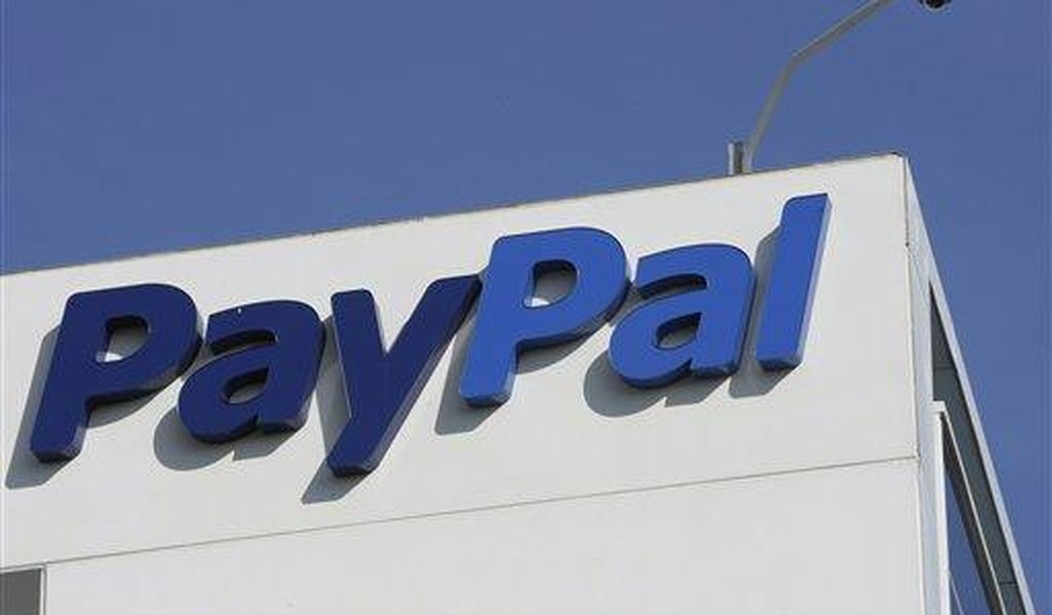Earlier this month PayPal users were stunned to learn about a published policy indicating the company could fine users thousands of dollars for spreading “misinformation.” PayPal quickly retracted, claiming the notice “went out in error” and “included incorrect information.”
“PayPal is not fining people for misinformation and this language was never intended to be inserted in our policy,” the statement added. “Our teams are working to correct our policy pages. We’re sorry for the confusion this has caused.”
While that appeared to settle matters for now at least, questions are again being raised over a portion of PayPal's user agreement that includes a similar $2,500 fine.
Today, the remaining language leaves users and elected officials demanding more clarity over how the platform defines fine-worthy speech.
A part of PayPal’s user agreement that says any customer in violation of the platform’s “acceptable use” policy is subject to a $2,500 fine has been in place since at least 2013, according to the website’s archive. The fine had largely gone unnoticed until earlier this month when PayPal updated its acceptable use policy to state that messages which are “fraudulent, promote misinformation or are unlawful” are in violation of the policy and, by extension, subject to the fine. The “acceptable use” policy stated that determinations of which messages violated the policy would be made at “PayPal’s sole discretion.” [...]
The note about misinformation was removed from the acceptable use terms, but the $2,500 penalty for violations remains, causing continued concern.
PayPal’s website still lists “provide false, inaccurate or misleading information” under the “restricted activities” portion of its policy. Violating the “restricted activities” portion does not result automatically in the $2,500 fine that breaching the “acceptable use” agreement does, but it may still result in charges, account suspension or other punitive actions. (Forbes)
Republicans have taken notice and are demanding answers.
Concerned about this language still in PayPal’s terms of service – it’s vague and seems like it could be weaponized to control speech. Looking forward to PayPal’s response to the @FinancialCmte and @HouseCommerce’s investigative letter, due today. pic.twitter.com/MnlFeH7lR4
— Tom Emmer (@RepTomEmmer) October 27, 2022
Recommended
This week I joined @SenThomTillis and other Senate Republican colleagues in sending a letter to the President & CEO of PayPal. We are demanding answers on the most recent policy change that would financially punish consumers over “misinformation.” Our letter: pic.twitter.com/rzjO8n4VyW
— Senator Bill Hagerty (@SenatorHagerty) October 22, 2022

























